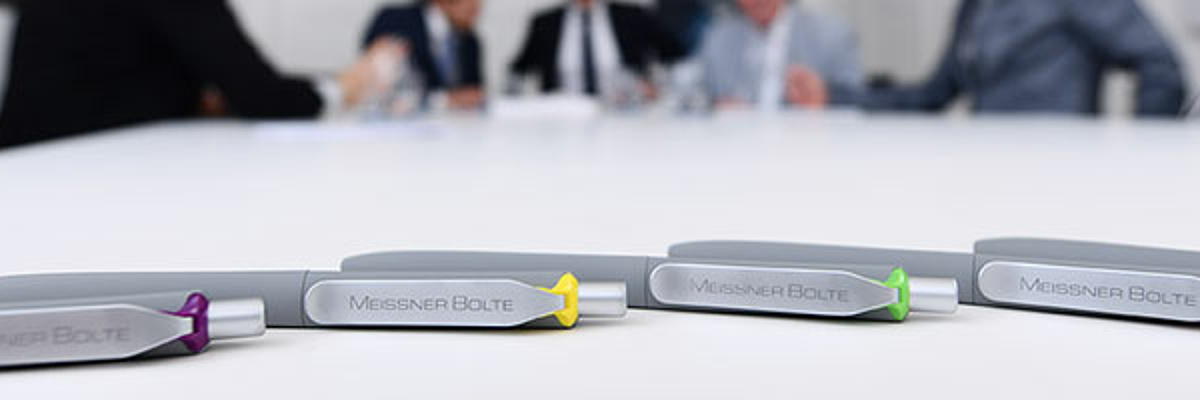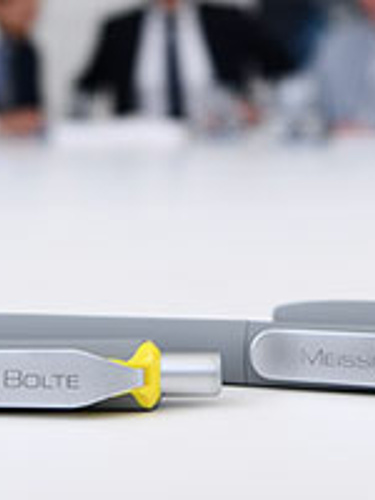



When it comes to the protection of a trademark in Europe, most Applicants think firstly of a European Union trademark which has validity throughout the European Union and therefore is highly cost-effective. Nevertheless, it may be worthwhile, for strategic reasons, to focus greater attention on national trademark applications.
This is not only of relevance for national trademarks in Great Britain, which could perhaps experience a renaissance as a result of BREXIT. The filing of a national trademark in Germany should also be seriously considered, possibly in addition to the filing of a European Union trademark. From a strategic point of view, with respect to a subsequent enforcement against trademark infringers and in particular in the light of recent case law, German Trademark Law has a number of key advantages:
a) Protection of German trademarks
In principle, a trademark can be cancelled if it is opposed under so-called “absolute grounds for refusal of protection”, e.g. if the trademark name for the goods and services claimed for is considered purely descriptive. The possibility to effect a cancellation of a European Union trademark at the Office based on absolute grounds for refusal of protection not subject to time limitations; whereas, by contrast, German trademarks are subject to a certain protection ensuring continued existence (Bestandsschutz) after the expiry of ten years. A cancellation action under “absolute grounds for refusal of protection”, however, is no longer possible, thus meaning that the registration of the trademark is correspondingly strengthened.
b) Right-preserving use
According to both European Union trademark law and German trademark law, after expiry of the five-year grace period for use, the proprietor of a trademark has to submit proof, in cases of doubt, that he is actually using the mark. If this is not the case, the trademark may be cancelled at the request of a third party. In the case of a European Union trademark, it is still not completely clear, in which territorial scope the trademark must be used in order to avoid cancellation of the trademark for non-use. In principle, a European Union trademark will have to be used “in the Community” (Art 18 (1), Art 47 (2) EUTMR). With decision C-149/11 – ONEL/OMEL, the European Court of Justice (ECJ) explained that the frontiers of the Member States cannot be taken into account when assessing the use of a trademark “within the Community”. It is not a question of political frontiers, but of market boundaries. Thus, the original legal interpretation according to which use in only one Member State is sufficient, is obsolete. Rather each individual case must be considered, which thus increases uncertainty for proprietors of an EU trademark. According to previous case law, however, a German trademark is still considered to be used in the entire federal territory, even if it is only regionally used. In this respect, it may make sense to apply for a German trademark in addition to the European Union Trademark.
c) Forum Shopping
In contrast to the European Union trademark, a national German trademark offers a special advantage if proceedings are to be instituted in Germany. In case I ZR 164/16 – Parfummarken (Perfume Brands), the Federal Court of Justice ruled that an unauthorized use of a European Union trademark by an internet offer on a website published from within Italy would not establish the jurisdiction of German courts. This shall also apply if an e-mail with product and price lists is sent from Italy to Germany. The location from which the e-mail was sent is decisive for international jurisdiction. It therefore becomes more difficult to bring an action for infringement of an EU-trademark before German courts. Trademark owners who, in such cases, wish to benefit from the quality and experience of German courts, which have been specializing in trademark disputes for many years, should therefore consider filing a German national trademark application. d) Counter-Claim vs. Request for Cancellation The European Union Trademark Regulation clearly stipulates that a Defendant in a proceeding regarding the infringement of a European Union trademark may file a counterclaim in order to oppose the legal validity of the trademark. The question of validity is therefore dealt with in the same proceedings as the question of trademark infringement. This results in an increase in the scope of the proceedings, and regularly leads to an undesirable time delay for the trademark owner. In contrast, there is no option of a counterclaim under German Trademark Law. The infringement court must grant the registered trademark a minimum level of protection. If the Defendant in an infringement proceedings wishes to contest the legal validity of the trademark, this will have to be done by filing an application for cancellation with the German Patent and Trademark Office, thus initiating parallel proceedings. The already running infringement proceedings are therefore not charged with additional material and can be concluded rather quickly. Proprietors of national German trademarks therefore have better chances for a quicker decision with respect to any trademark infringement.
e) Suspension of the Opposition Proceeding
It is problematic for proprietors of EU trademarks who have brought an action for infringement if an application for cancellation has already been filed with the Office. The Defendant in an infringement proceedings can then force a suspension of the infringement proceedings, by filing a counterclaim questioning the validity of the trademark and thereby delaying a decision on the trademark infringement. In such cases, the European Union Trademark Court is obliged to suspend the proceedings pursuant to Art 132 (1) EUTMR. The German Trademark Act also provides an instrument of suspension of infringement proceedings in pending cancellation proceedings at the Trademark Office. The infringement court responsible for a German trademark is, however, not obliged to suspend the application, but is free to make its own decision in this respect. Practice shows that the proceedings are only suspended in rare cases, meaning that infringement proceedings from national German trademark rights lead more quickly to a final Decision.